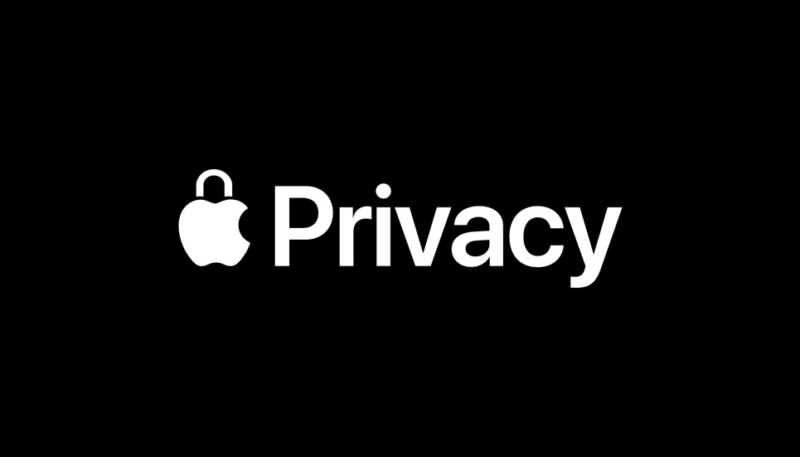The results of a new study indicate that Apple collects the least amount of private user data from its users among all major tech firms. Google, Twitter, Amazon, and Facebook collect much more data from their users than the Cupertino iPhone maker.
The study found that Google collected the most data points, collecting a total of 39 data points for each of its users. Twitter and Amazon follow by collecting 24 and 23 data points for each user, respectively.
There was a bit of surprising information in the study, as Facebook, which is infamous for tracking its user tracking, came the closest to Apple in respecting the privacy of its users, collecting only 14 data points for each user. Apple collects 12 data points for each user, says the study.
Apple heavily on on-device machine learning and algorithms to dictate personalization features, including personalized music recommendations for Apple Music.
Commenting on the analysis, StockApps.com Edith Reads said. “Most people do not have the time or patience to read privacy policies that can be several pages long for each website they visit. Also, it is quite unlikely that all users have a background in law to properly grasp the privacy policy. Besides, users lack time, patience, or energy to try to figure out what information websites are storing and how they are using it to their advantage. As a result, users end up allowing Google to harvest all the data they need by agreeing to the privacy policy terms. “
Apple collects the least data among tech firms while also making it more difficult for Google, Facebook, and other companies to collect data from iPhone and iPad users. Apple’s App Tracking Transparency requires apps to request permission to track users across other companies’ apps and websites.
When a user selects “Ask App not to Track,” the app will be blocked from accessing the user’s IDFA. The developer is also required to respect the user’s tracking preference overall and is not allowed to use other methods to track the user. Developers that violate the app tracking rules could see their app removed from the App Store.
Users can manage their tracking preferences on an app-by-app basis in the Settings app under “Privacy” -> “Tracking” in the iOS 14 Settings menu.
As you might imagine, ad networks and companies like Facebook have been less than pleased with Apple’s tracking changes. Facebook ran full-page ads and even launched a website claiming Apple’s new rules will hurt small businesses financially.


